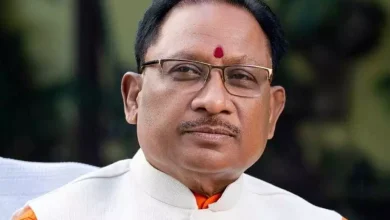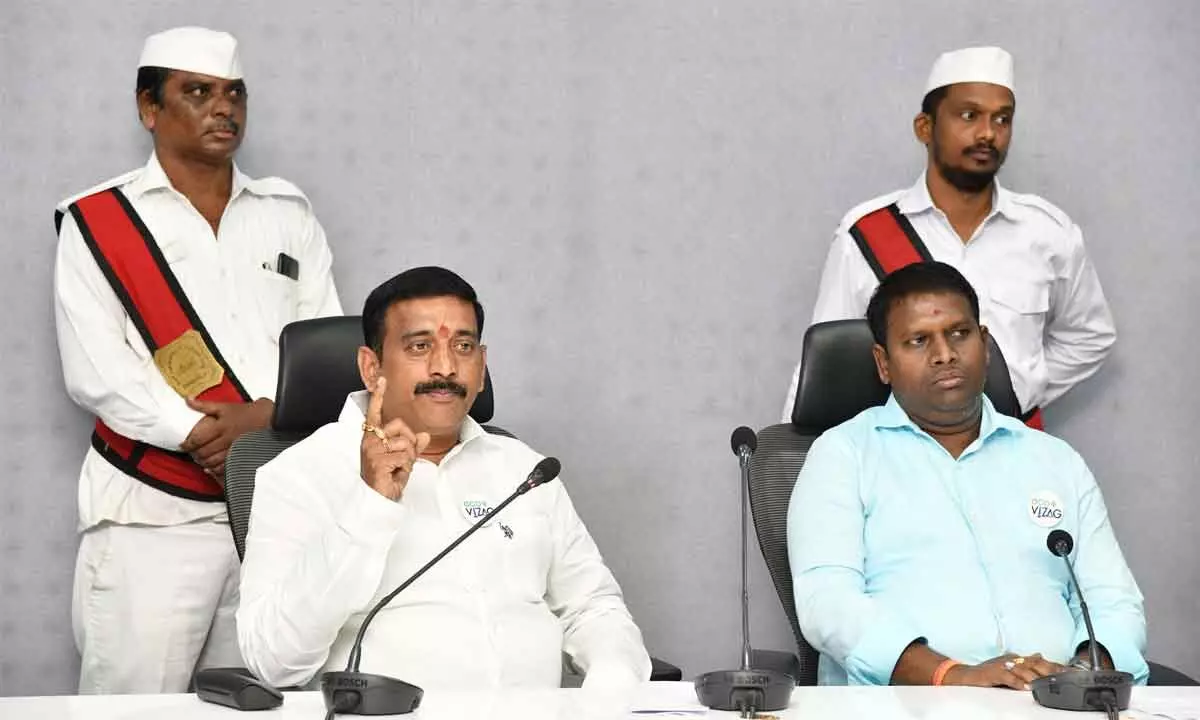Canned food is making urban Indians victims of obesity, NIN

Hyderabad: People including urban India consume more packaged foods including sweets and snacks. According to urban data on eating habits from the Hyderabad-based National Institute of Nutrition (NIN), on an average, a typical urban Indian eats at least 100 grams of packaged food per day, which provides 500 kilocalories, which is more than the requirement. is more.
As a result of the abundance of high-energy food and lack of physical activity, people in cities are overweight and obese. “There has been a significant increase in the incidence of overweight and obesity in both urban and rural populations, exceeding 60 per cent in the latest NIN data. Even a modest positive energy imbalance of 50 kcal per day results in a monthly weight gain of up to 1 kg,” says Dr R Hemalatha, director of NIN.
“The hyper-palatable nature of processed foods makes it easy to overconsume,” NIN scientists said in a paper (January, 2024) on ‘Transforming Markets for Better Nutrition’. It is linked to an increase in diet-related non-communicable diseases (NCDs) such as non-alcoholic fatty liver disease (NAFLD), diabetes and cardiovascular disease (CVD). Diseases including high blood pressure, heart attacks and strokes appear at an earlier age in Indians, with mortality rates far higher than the global average. Additionally, 1 in 3 adults in India is affected by NAFLD.
The food market is dominated by chocolate and sugar confectionery, followed by convenience foods and beverages. “Sweet biscuits alone constitute more than 45 per cent of the ultra-processed food (UPF) market. The continuous availability of excess energy in the body disrupts hepatic insulin signal transduction, leading to insulin resistance, inflammation and features of metabolic syndrome (MetS), which contribute to the rise of NCDs,” said Dr Hemalatha.
The paper states that the only way to tackle the burden of unhealthy food is to develop a comprehensive strategy to discourage people from consuming packaged foods. These measures could include taxing unhealthy goods and reducing taxes or subsidies for healthy alternatives.
Dr. Hemlata said that by implementing a combination of strategies such as curbing predatory marketing and advertising, subsidies for healthy choices, food labeling and behavior change communication, India can foster a health-promoting food environment and reduce obesity and Can address diet-related non-communicable diseases.
















